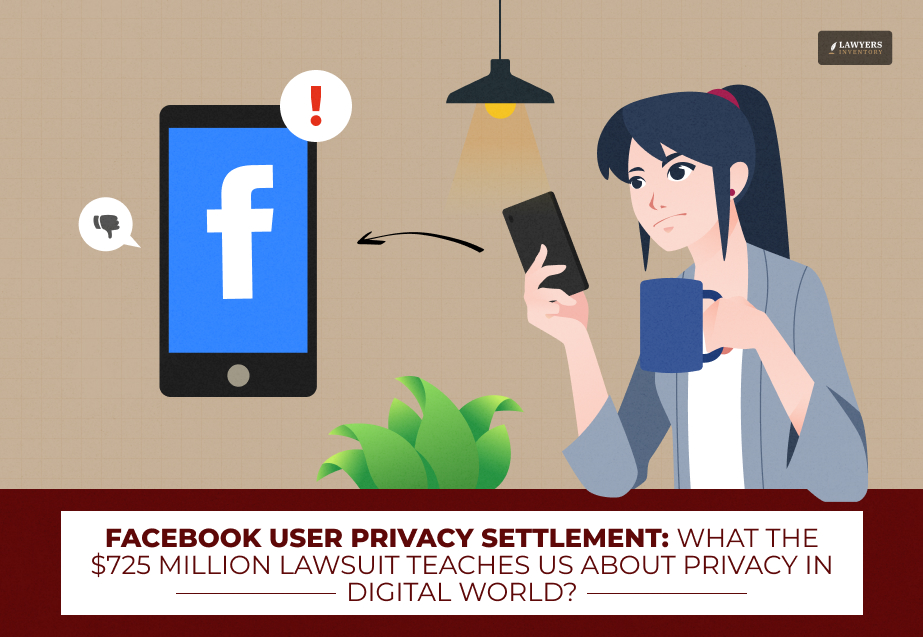
2025 is here, and it is time for the most awaited payback (literally): the Facebook user privacy settlement!
Whenever we talk about Facebook, we think of Zuckerberg and his massive empire, about the features and other things that have to do with the app. Considering that it constantly updates its features, making it more suitable and “cool” for the tech-savvy age, it is no surprise how the social media platform has managed to stay relevant to date.
But let me ask you something. Don’t you think we hardly ever talk about Facebook’s privacy policies?
Have you ever thought about why Meta, formerly Facebook Inc., is the only social media company that allows people to use the apps free of cost? Well, that’s because people have been paying the price for the app with their privacy.
In this blog, I will discuss the infamous Facebook User Privacy scandal and class action lawsuit. Here’s everything you need to know about the lawsuit settlement and the probable payout dates.
Key Statements
- After missing a funding deadline, Meta agreed to pay interest on a $725 million settlement deal with Facebook users over the Cambridge Analytica data-harvesting scandal.
- Under a deal with over 200 million Facebook users, Meta had until October 31 to fill an escrow account for the settlement. Last month, a federal judge in California granted the settlement final clearance.
- The plaintiffs claim that Meta “funded the principal in the escrow accounts” and made the interest payments, ending the matter in status reports submitted on November 3.
- According to the plaintiffs’ attorney, the total interest lost during the three days Meta was late funding the escrow account was $319,600.65.
About Facebook User Privacy Settlement Lawsuit
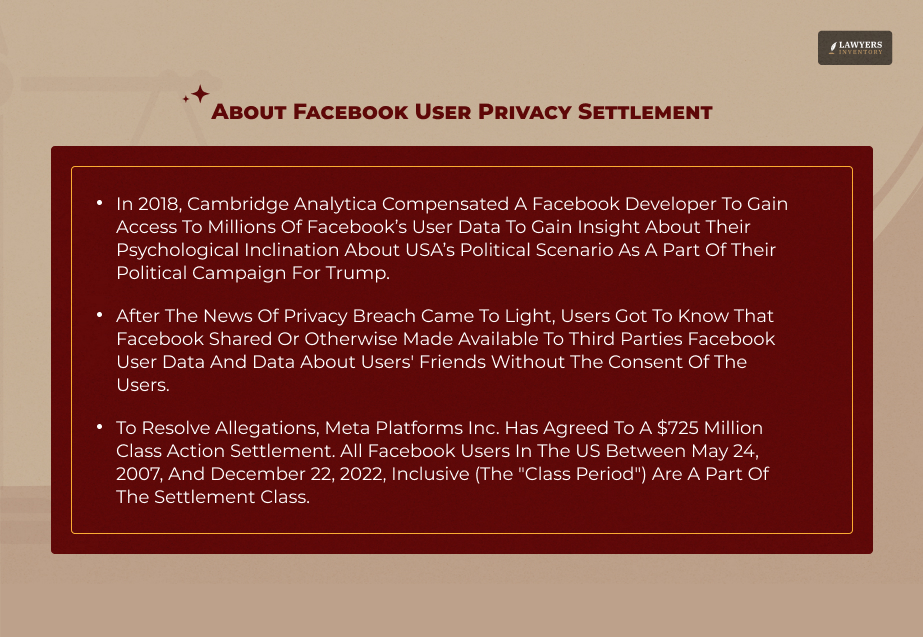
You must have read about the $725 million class action settlement amount. That’s Facebook for you.
Facebook’s decision to monetize user data changed the social media ecosystem and the current state of digital marketing.
Although they weren’t the first to make money off social networking, Zuckerberg and his group have outperformed everyone else.
Facebook’s class action settlement is the largest data privacy class action case in US history. It suggests that the company is also improving at violating user privacy.
The decision establishes a precedent for future legal actions in data privacy and emphasizes the growing scrutiny of how internet firms handle user data.
We can find the lawsuit’s origins in the 2018 Cambridge Analytica incident, in which the British political consulting business obtained millions of Facebook users’ personal information without approval.
Cambridge Analytica compensated a Facebook app developer to help them obtain personally identifiable information from about 87 million Facebook users.
There was a great outcry after it was claimed that US political parties utilized the data to sway voter behavior in the 2016 US presidential election. Interesting, right?
Eventually, several parties who claimed that the company had failed to protect user data and violated privacy laws sued Facebook.
Under the direction of Judge Vince Chhabria, these lawsuits were ultimately combined into a single class action case in the Northern District of California.
Did Facebook Sell the Personal Information of Users?
The answer to this question is both a yes and a no.
You see, the data harvesting scandal that people are extremely agitated with mainly relates to Cambridge Analytica. However, as I have already mentioned, they could get millions of people’s data through Facebook.
According to several Facebook users, both past and present, Meta failed to stop third parties from accessing their account’s sensitive information. Eventually, this is what they say resulted in its misuse.
Furthermore, according to Law360, the group also claimed that Meta had failed to keep their private information out of third parties’ hands. This was a clear violation of the Stored Communications Act and the Video Privacy Protection Act.
To support their lawsuit, in May, the Facebook users asked Meta to provide any records about its internal probe into the Cambridge Analytica data harvesting incident.
At that time, Zuckerberg was in a consumer protection lawsuit by General Karl A. Racine, Attorney, District of Columbia. According to this lawsuit, the company’s weak data protection methods were the reason for the data harvesting breach.
However, here’s the thing. Several documents show that in 2015, Facebook became aware of an unprecedented harvest of private data of almost 50 million users.
And there lies the question: “Why didn’t they warn the users then? Why did they take negligible steps to secure the data of the users?
Facebook User Privacy Settlement in a Nutshell
Facebook (now Meta Platforms Inc.) shared or otherwise made available to third parties Facebook user data and data about users’ friends without the consent of the users.
Additionally, they failed to adequately monitor and enforce third-party access or use of that data. To resolve allegations, Meta Platforms Inc. has agreed to a $725 million class action settlement.
All Facebook users in the US between May 24, 2007, and December 22, 2022, inclusive (the “class period”) are a part of the settlement class.
The following individuals are excluded from the settlement class:
(i) all directors, officers, legal representatives, alleged co-conspirators, agents, and employees of the defendant or its subsidiaries or affiliated companies;
(ii) the attorneys for any plaintiff and their staff whose case was consolidated into this MDL, including but not limited to class attorneys for plaintiffs and their staff;
(iii) the special master, discovery mediators, and settlement mediators who participated in this case and their staff; judges, court employees, and any appellate court to which this matter is ever assigned;
(iv) eligible individuals who choose to opt out of the settlement class.
Timeline of the Facebook Class Action Lawsuit
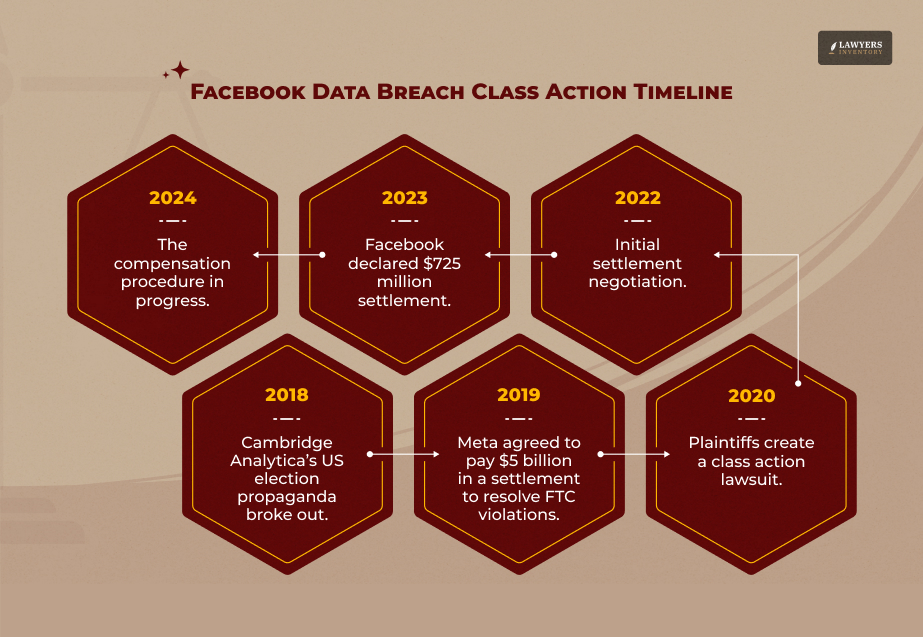
If you were searching for the Facebook settlement status, let me tell you one thing. Even though the litigation began six years ago, a definitive decision is still far off.
Responding to the most recent appeals can take a year or longer. Here are the key incidents and the timeline of the case:
- 2018: the scandal related to Cambridge Analytica’s US election propaganda broke out.
- 2019: Meta (formerly Facebook) agreed to pay $5 billion in a settlement to resolve the Federal Trade Commission (FTC) violations.
- 2020: Plaintiffs gathered to create a class action lawsuit.
- 2022: Talks about the initial settlement started.
- 2023: Facebook declared the massive $725 million settlement agreement.
- 2024: The compensation procedure is delayed as plaintiffs file two appeals notifications.
Key Terms of the Facebook User Privacy Settlement
Before going on about this settlement, let me tell you some of the legal allegations of this Facebook settlement claim.
Monetary Compensation:
First, one of the most significant aspects of the Facebook user privacy settlement is the monetary compensation.
Facebook has agreed to a $725 million settlement fund to compensate users affected by privacy violations. If you had a Facebook account in the U.S. between May 24, 2007, and December 22, 2022, you might be eligible for a payout.
The deadline to submit claims was August 25, 2023, and each eligible claimant is supposed to receive around $30. Additionally, this compensation acknowledges the inconvenience and potential harm caused by the privacy breaches.
Changes to Privacy Policies:
Secondly, following the lawsuit, Meta made significant changes in how they collect and store user’s information. Effective 1st January 2025, the social media platform changed its Privacy Policy.
“Protecting people’s privacy is central to how we’ve designed our personalised ads system. This means that we can show you relevant and useful ads without telling advertisers who you are. We don’t sell your personal data.” This is something Facebook shows to the users now.
Facebook will now explain how they collect, use, and share user data. This transparency is crucial in building trust with users and ensuring they are fully informed about their data privacy.
New Transparency Measures:
Thirdly, transparency is a key focus of the settlement. Facebook will implement new measures to increase transparency around data practices. This includes regular reports on data usage and sharing practices, which will be accessible to users.
By providing these reports, Facebook aims to keep users informed and engaged with how their data is handled. Additionally, this step is essential in fostering a more open and accountable digital environment.
Monitoring and Compliance:
Finally, there will be ongoing monitoring and compliance checks to ensure that Facebook adheres to the settlement terms.
An independent third party will oversee Facebook’s compliance with the new privacy policies and transparency measures.
This oversight is intended to hold Facebook accountable and ensure the company follows through on its commitments. Moreover, regular audits and reports will help maintain a high standard of privacy protection for users.
Impact on the Facebook Users
Final data about the number of claims they received and verified have not yet been made public by the settlement administrator. These numbers will shed light on the settlement’s effects.
According to early indications, millions have reportedly already filed claims, underscoring the extent of the data privacy violation.
Facebook has already changed its data privacy policies in several ways. For instance, it has strengthened user permission procedures, tightened data access restrictions, and been more open about how it uses user data.
Additionally, Meta has clarified several parts of its Facebook and Instagram algorithms. The deal has refocused attention on Facebook’s reputation and public trust difficulties.
Although the monetary payout might allay some worries, Facebook’s reputation has surely suffered due to the scandal. It has made users more wary about disclosing personal information.
Financial Impact:
The financial impact of the Facebook user privacy settlement is significant. As I have already mentioned, with a $725 million fund set aside, eligible users who had a Facebook account in the U.S. between May 24, 2007, and December 22, 2022, can expect to receive around $30 each.
While this amount may not seem substantial, it represents a collective acknowledgment of the privacy violations users experienced. This compensation aims to provide some form of redress for the inconvenience and potential harm caused by the misuse of personal data.
Privacy Protections:
Beyond the financial aspect, the settlement brings about crucial changes in privacy protections.
Facebook has committed to revising its privacy policies to give users more control over their personal information. These changes include clearer explanations of data collection, usage, and sharing practices.
By enhancing transparency, Facebook aims to rebuild trust with its users. This means users will better understand how their data is handled and can make more informed decisions about their privacy settings.
Long-term Effects:
The long-term effects of this settlement could be far-reaching. For one, it sets a precedent for how tech companies handle user data and privacy.
The increased transparency and stricter privacy policies may encourage other companies to follow suit, leading to a broader shift towards better privacy practices in the digital world.
Additionally, the ongoing monitoring and compliance checks ensure that Facebook remains accountable, fostering a safer online environment for users in the long run.
Legal and Regulatory Implications of Facebook User Privacy Lawsuit
“We have a responsibility to protect your data, and if we can’t then we don’t deserve to serve you.” The Meta owner wrote this, breaking his five days of silence after the Cambridge Analytica scandal broke.
The Facebook settlement will significantly impact future data privacy litigation. It shows that the public can hold internet companies responsible for data privacy infractions by enforcing severe financial penalties.
Class action lawsuits have shown themselves to be a successful tool for making businesses answerable for data breaches and other mistakes that harm customers.
They give impacted consumers a means to band together to demand remedies and encourage methodical adjustments to manage and safeguard user data.
The Facebook class action settlement may also impact future approaches to technological innovation by the social media network and its parent company, Meta. Other social networking sites will probably follow suit to prevent such widespread settlements.
Facebook is renowned for its readiness to incorporate cutting-edge technology, such as AI algorithms that suggest content, and to monetize user data. It will need to pay closer attention in the future to how these modifications affect user privacy.
Most significantly, the settlement has stoked continuing discussions on data privacy and the obligations of social media companies to their users. Significant changes could result from conversations about the need for more stringent laws and increased transparency.
Read Also:
- 72 Sold Reviews Consumer Reports After Recent Lawsuit
- Drive Social Media Lawsuit: Your ULTIMATE Guide to Stay Safe in Digital Marketing?
- Walmart Class Action Lawsuit: The $45 Million Lawsuit That Has Shaken the Industry








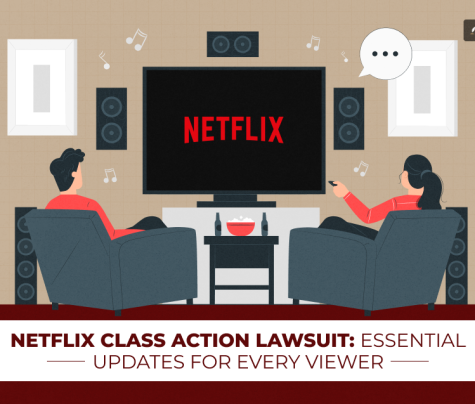
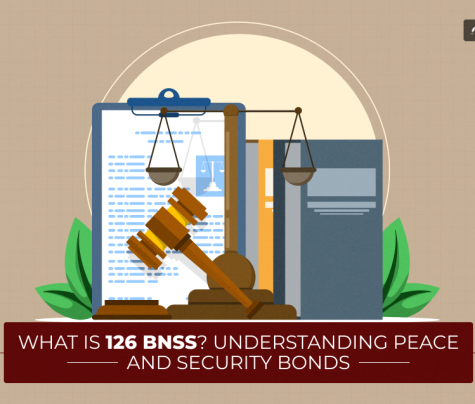

0 Reply
No comments yet.